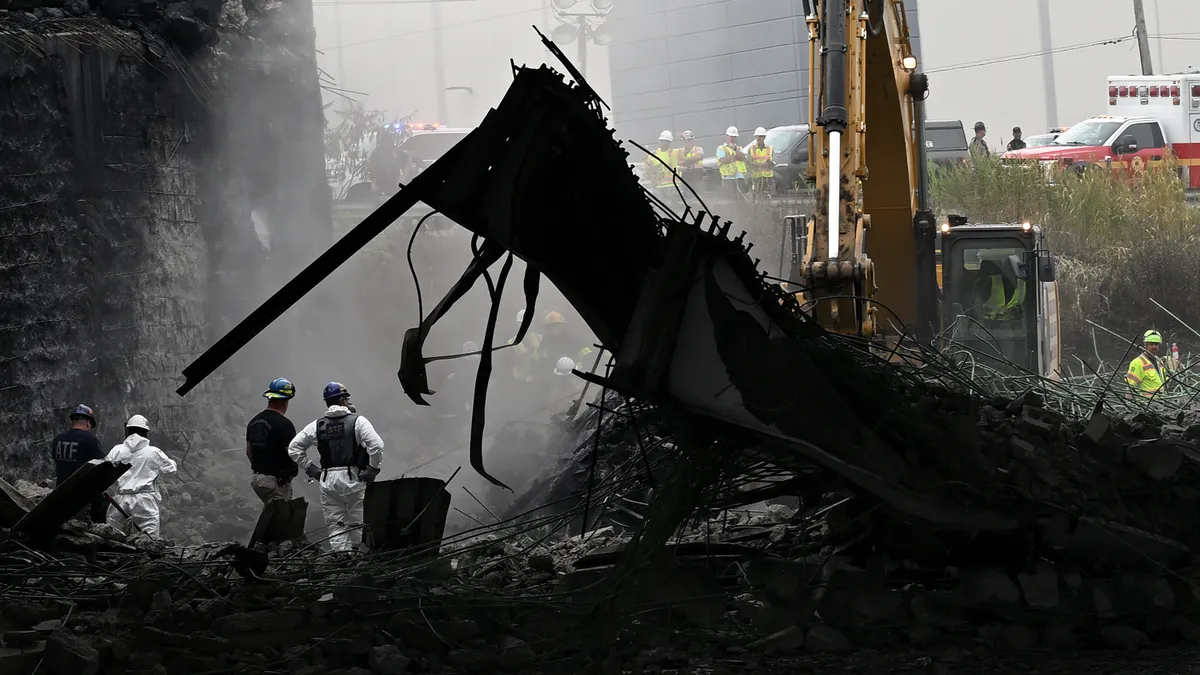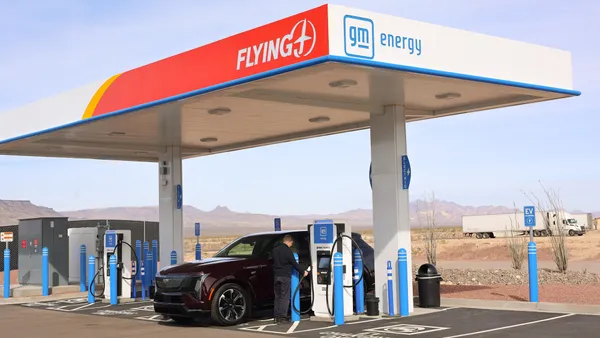A person died in the Interstate 95 overpass collapse in Philadelphia on Sunday, Pennsylvania State Police confirmed Tuesday.
The victim’s identity has not been released pending next-of-kin notification.
Local news station WPVI-TV reported he was the driver of the tanker truck that caught fire beneath the overpass, bringing down the elevated section of the interstate.
Demolition of the collapsed part of I-95 began Monday and is expected to take about four to five days, according to the state. Repairing the overpass and reopening the East Coast’s primary highway, which carries about 160,000 vehicles per day in the area, is likely to take months.
Officials have set up detours around the destroyed section of the busy artery.
Pennsylvania Gov. Josh Shapiro signed a proclamation of disaster Monday to allow the rapid access of federal funds in the response. During a news conference at the site Tuesday afternoon, Transportation Secretary Pete Buttigieg pledged “every resource that is needed will be made available” to fix the highway.
But a monthslong closure of I-95 promises to lengthen truck routes and drive up shipping costs, contributing to inflation, Buttigieg acknowledged.
“What a lot of people don't always see behind those inflation numbers is the importance of our supply chains,” the transportation secretary said. “Part of what goes into the cost of everything that we pay for in the store is cost of shipping. And if a route is disrupted, or if it's longer, or trucks have to wait, that finds its way into the cost of goods.”
Trucks make up about 8% of the vehicles that historically traverse the fallen section of I-95, according to the Pennsylvania Department of Transportation. Buttigieg emphasized truck drivers’ creativity and resiliency during his remarks. But he also noted: “That is a lot of America’s GDP moving along that road every single year.”
“At the end of the day, there's no substitute for I-95 being up and running,” Buttigieg said. “That's the goal that everybody's moving toward here.”













